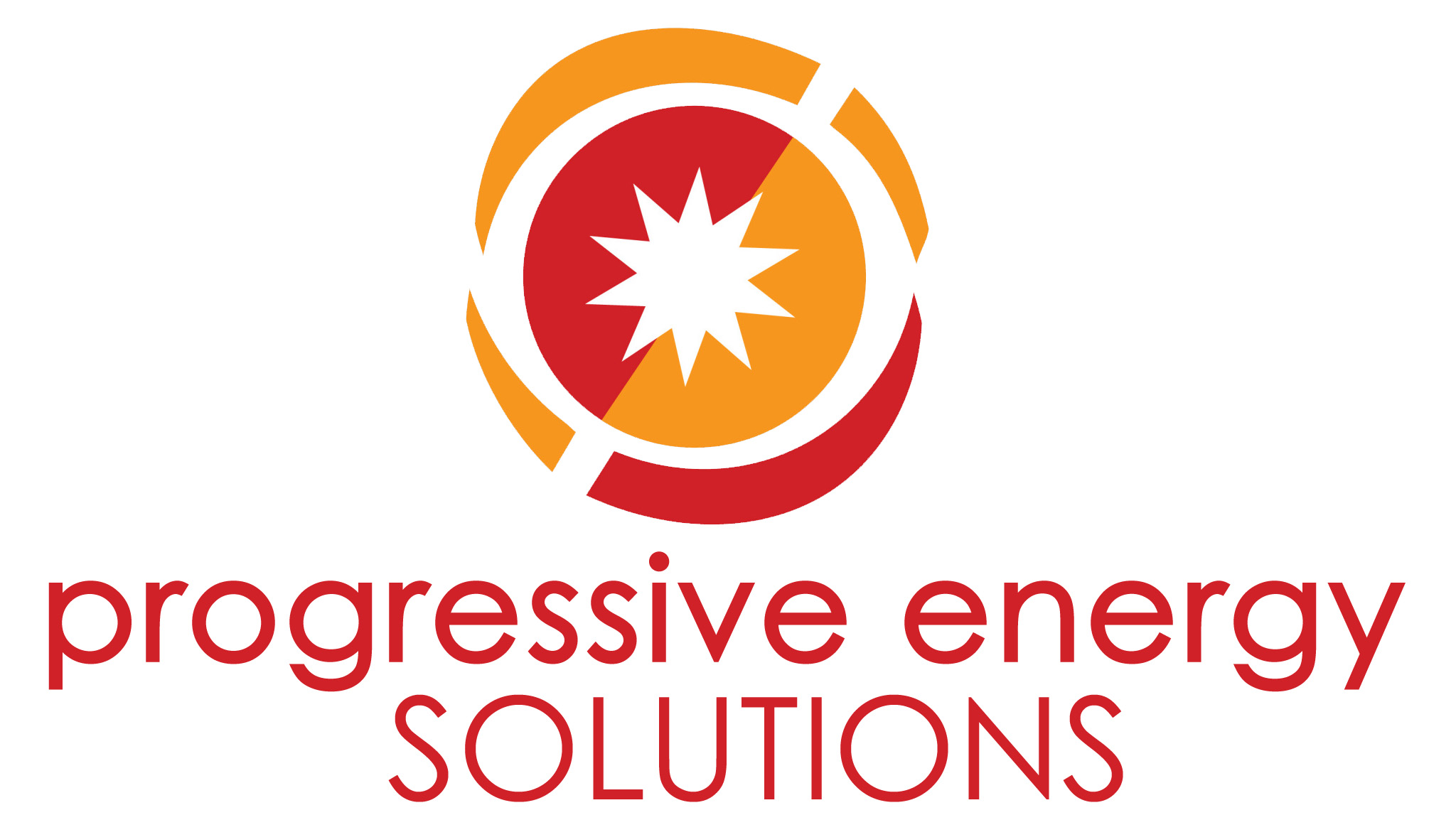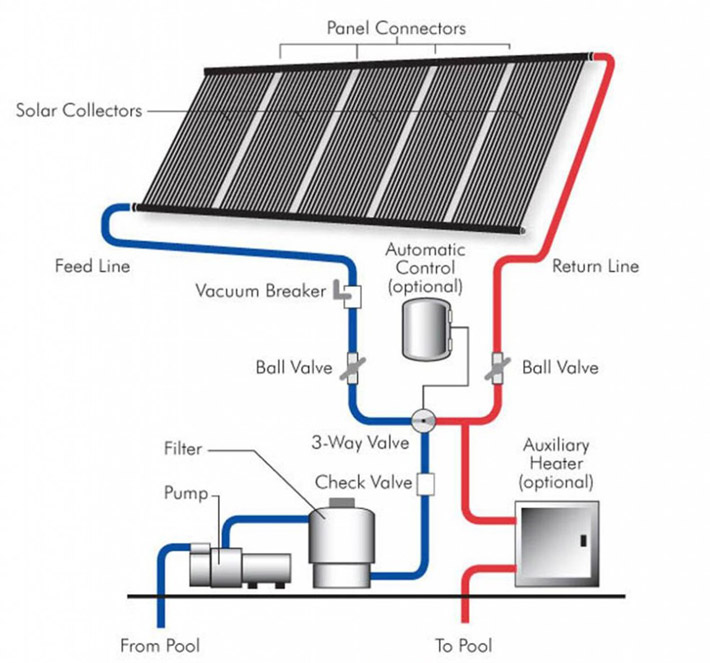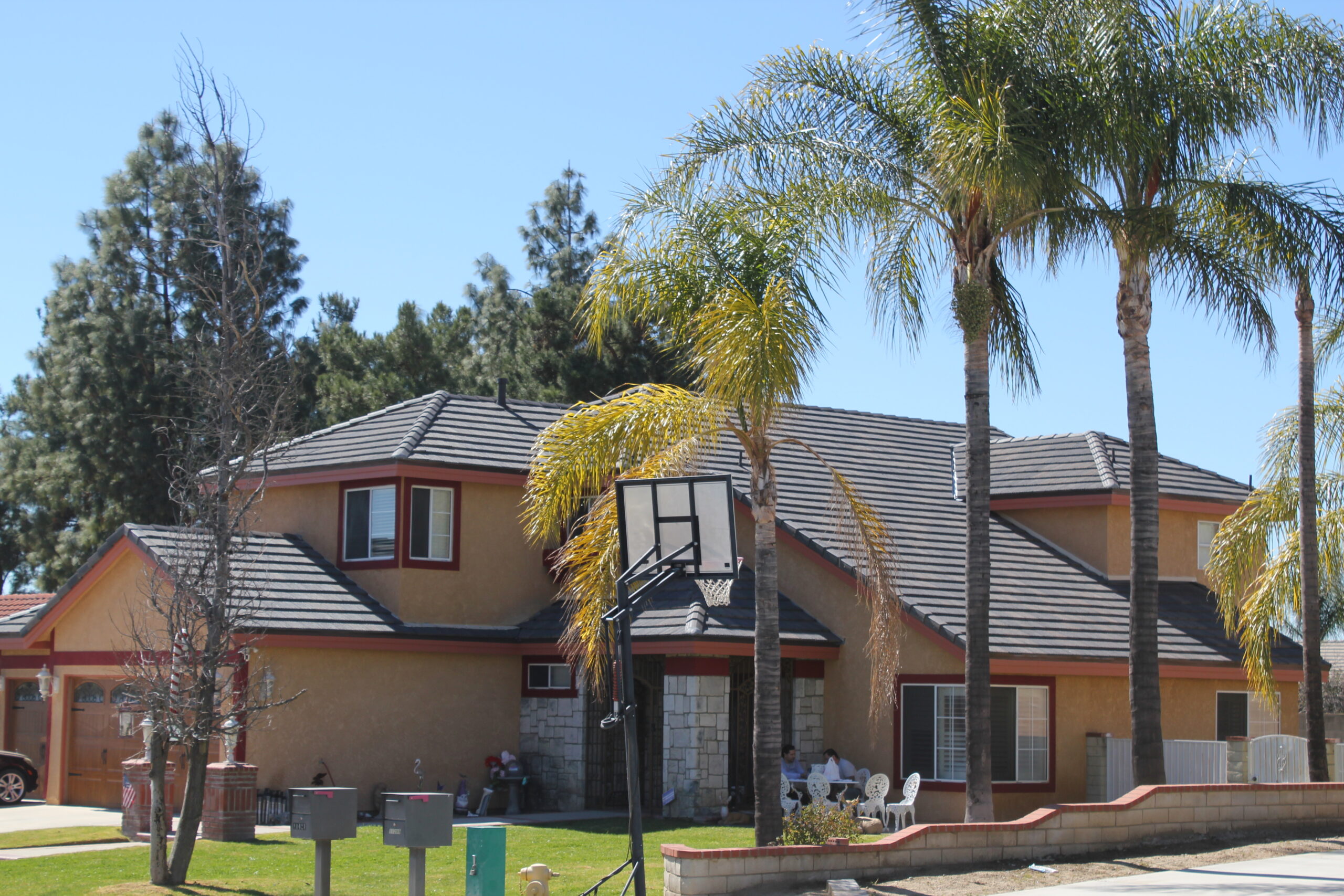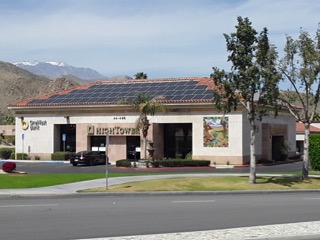Save with Residential Solar
Rooftop or ground mounted solar panels generate clean power and reduce your electricity bills, often for $0 down, producing a net savings from year one. In addition, you’ll have the peace of mind that comes from knowing that you’ve protected yourself against ever increasing rate hikes. Give us a call for your Residential Energy Solutions.
How Solar Can Save Households Money
The falling price tag for renewable energy has caused an explosion of residential solar among households in the United States, with an annual growth rate of 42% in the last decade. The affordability of solar energy is just one reason for this abundance and, according to the Solar Energy Industries Association, the cost to install solar has dropped by more than 70% over the last decade
Why Solar Panels are Good for You
1. Clean Energy
Solar reduces the user’s reliance on unrenewable fossil fuels like coal, oil, and natural gas. Electricity production from fossil fuels is the largest producer of greenhouse gas emissions. According to NASA, the effects of climate change will lead to increased wildfires, heat, droughts, and insect outbreaks in the Southwest United States. Unlike these forms of dirty energy, the sun offers an unlimited source that does not have harmful effects on the environment. Residential solar is an investment for both the homeowner and the planet.
2. Freedom and Control
American households have experienced a steadily increasing amount of time spent in power blackouts, and the number of wildfires and natural disasters just within the past few years is evidence of a worrying trend that will stifle the control U.S. households have on their energy. The California power grid is over 100 years old and would require up to $150 million to be properly protected against wildfires. This means that everyone, including those not directly threatened, could experience blackouts for fire prevention.
By using solar panels and adding a home battery unit, households can store electricity to use during heightened usage powers. This would give homeowners with residential solar independence from our antiquated infrastructure.
As solar panels and home batteries become more popular, they are also becoming more affordable and efficient. The ability to be in control of power provides certainty and safety to families in a way that is cleaner and quieter than the average backup generator.
3. Saving Money
Because solar panels are constantly gathering energy, they offer year-round productivity and will save money sun or shade. Depending on their size and placement, solar panels can produce more energy than necessary, reducing the monthly energy bill to close to zero. In some areas, homeowners with residential solar panels can even get rebates if excess energy is generated.
4. Tax Breaks
Depending on their area, households with solar panels can receive local, state, or federal tax breaks. Currently, the federal solar tax credit gives a reduction against income tax that is dollar-for-dollar, and the residential federal solar tax credit, equal to 26% of the total cost of solar systems installed, does the same. These benefits will last for years into the future.
Residential solar panels can also increase the resale value of a house by more than 4.1% on average when compared to homes without solar, according to Zillow.
5. Falling Prices
The cost of solar has fallen more the 80% since 2010, and this is just the beginning. By installing residential solar, you will be saving money on installation, maintenance, and total energy usage, all while reducing harm done to the environment by fossil fuels. Contact your Progressive Energy Consultant for a complimentary solar quote today.
Sources:
- https://www.seia.org/solar-industry-research-data
- https://www.epa.gov/ghgemissions/global-greenhouse-gas-emissions-data#Sector
- https://climate.nasa.gov/effects/
- https://newscenter.lbl.gov/2015/08/24/berkeley-lab-releases-most-comprehensive-analysis-of-electricity-reliability-trends/
- https://www.zillow.com/research/solar-panels-house-sell-more-23798/
https://about.bnef.com/blog/battery-powers-latest-plunge-costs-threatens-coal-gas/
Going solar has never been easier
From the time you request a visit to the time your solar system starts producing electricity, we deliver the support, education, advice and software to make going solar effortless.
- Step 1: Consultation
- Step 2: Engineering and Design
- Step 3: Permitting
- Step 4: Installation
- Step 5: Commissioning With Utilities
- Step 6: Enjoy knowing you are saving money!!
Call For a Quote:
(888)603-4255
Related Services
Solar Pool Heating
You spent a ton of money installing that pool, now heat it for free using the latest technology is Solar Pool Heating from Progressive Energy
Roofing Services
Before you consider your Solar system let Progressive Energy Solutions verify that your roof is in great shape.
Commercial Solar
Please consider Solar for your business, great tax incentives, depreciation and the savings are amazing
F.A.Q.
One of the most common questions asked by residential solar buyers is: “How much will solar panels cost me?”
Answer:
This is a crucial question for anyone considering investing in solar energy for their home. The cost of solar panels can vary based on factors such as the size of the system, the quality of the equipment, and the installation costs.
To determine the total cost, homeowners should also consider the available incentives and rebates, as well as the potential savings from using solar energy instead of traditional electricity. A qualified solar installer can provide a detailed quote and help homeowners understand the costs and benefits of going solar.
How much will solar panels cost me?
The cost of solar panels varies based on several factors, including the size of the system, the quality of the equipment, and the installation costs. The average cost of a residential solar panel system in the United States is around $15,000 to $25,000 before incentives.
How much money can I save with solar energy?
The amount of money a homeowner can save with solar energy depends on several factors, including the size of the system, the location of the home, and the cost of electricity in the area. In general, homeowners can save thousands of dollars on their electricity bills over the life of their solar panel system.
What incentives and rebates are available for solar installation?
There are many incentives and rebates available for solar installation, including federal tax credits, state and local rebates, and utility incentives. Homeowners should research the incentives available in their area and consult with a qualified solar installer to determine which incentives they may qualify for.
How long will it take to recoup the cost of installing solar panels?
The payback period for a solar panel system depends on several factors, including the cost of the system, the amount of energy it produces, and the homeowner’s electricity usage. In general, homeowners can expect to recoup the cost of their solar panel system in 5 to 10 years.
What is the lifespan of solar panels?
Solar panels have a lifespan of 25 to 30 years or more, but their efficiency may decline over time. Proper maintenance, such as cleaning and regular inspections, can help ensure that the solar panels last as long as possible.



